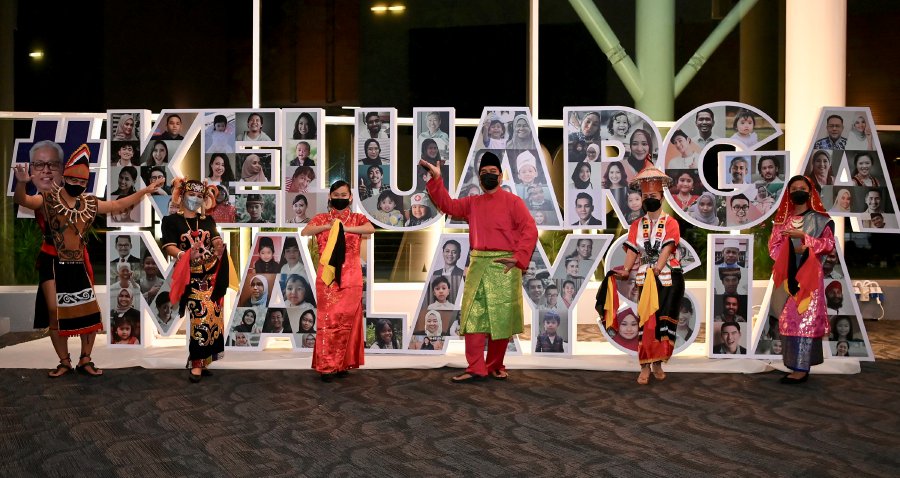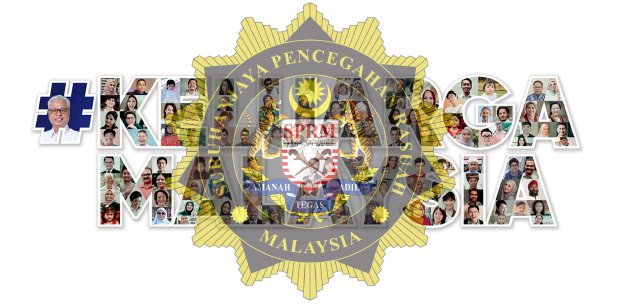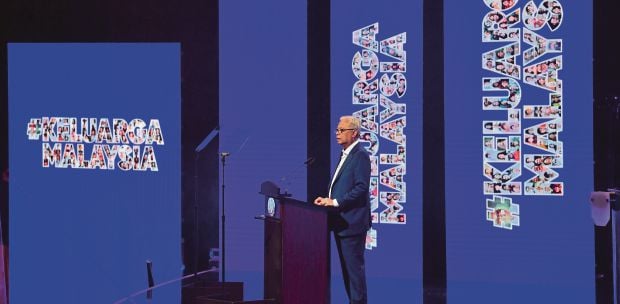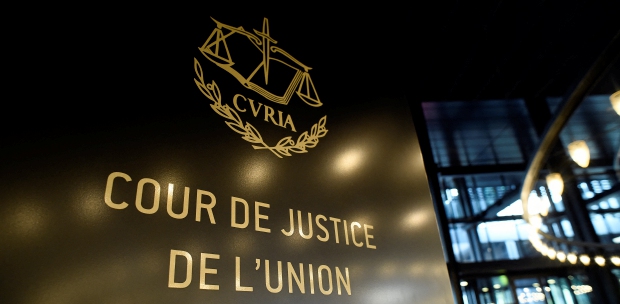OCT 23 was a momentous day for Malaysians following the launching of Keluarga Malaysia by the prime minister, and in Sarawak no less, a state recognised for its social cohesiveness.
It is not unlike Sabah, and the two are the most exemplary states in the nation in this regard.
Semenanjung used to have it, as I vividly remember during my days growing up.
But, since then, it has lost that cohesiveness and now must relearn it.
This is what education should be focusing on post-pandemic beyond just literacy and numeracy.
Foremost, it is all about being human to survive as a species — an important lesson when faced with future challenges.
Thus, it is not sufficient to talk about keluarga as just a "horizontal" pursuit of economics, politics and livelihoods without a deeper understanding of what life is all about as we fight to break the coronavirus chain.
In other words, we first need to forge a genuine human chain globally.
This is not happening, judging from the many instances of vaccine nationalism, greed and apartheid.
The world remains deeply divisive and the notion of keluarga is still beyond reach globally.
So, what chances do we have as global citizens who are interconnected to one another?
This is where the interpretation of keluarga becomes crucial.
It must also take on a "vertical" dimension, to reemphasise the notion of "sacredness" embedded in the traditional concept of keluarga, especially in Malaysia then and now.
This ties in to marriage institutions that have been weakened, and if not overturned, are creeping into our society.
Broken homes are now threatening the very basis of keluarga. Divorce rates and domestic violence, including sexual harassment, are on the rise, thanks to the pandemic exposing such vulnerabilities worldwide.
Loneliness and feelings of despair and isolation are claiming more lives that ever before, despite the advent of technological connectivity that remains solidly "horizontal" and "soulless".
Yet, many claim that this will be the panacea of the future.
How oblivious can we be even in the understanding of who we are as human beings.
So Keluarga Malaysia must be fully and comprehensively articulated within its own context, values and norms.
At the offset, keluarga is intergenerational in its construct and could be extended through humanity, regardless of race, colour or creed.
It is rooted in the values of compassion, empathy, sympathy and humility in creating a just and equitable nation.
Its outlook is kesejahteraan diri, which goes beyond mere happiness, as articulated by this column last week.
It is an inside-out process to start off with.
Not the reverse, meaning we must first sanitise our heads and hearts, not just hands (3Hs) as
per standard operating procedures.
The 3Hs must act in a balanced and harmonious way to ensure that the keluarga is intact, functional, incorruptible and tightly aligned to a vertical (spiritual) mission.
In other words, a good keluarga starts with a collective inner peace (sejahtera) extending outwards to the larger society in perpetuity.
This is where the gap is today, and it must be rectified at once.
Education with a soul is crucial to resetting that stage.
Therein lies the issues of governance and leadership, both along the horizontal and vertical axes.
The former must imbibe human governance and the latter, leadership or rather kepemimpinan (which has obvious differences) in ensuring a sustainable Keluarga Malaysia.
Simply put, how much are we willing to sacrifice to allow Keluarga Malaysia to organically reemerge as promised to Malaysians?
The writer, an NST columnist for more than 20 years, is International Islamic University Malaysia rector






